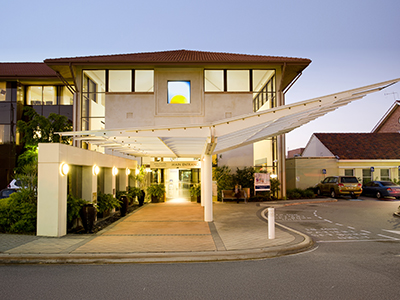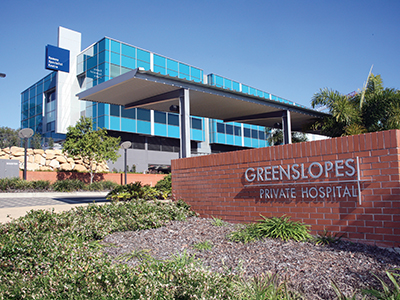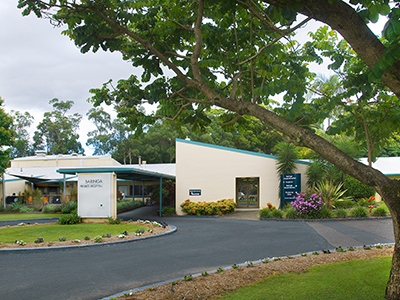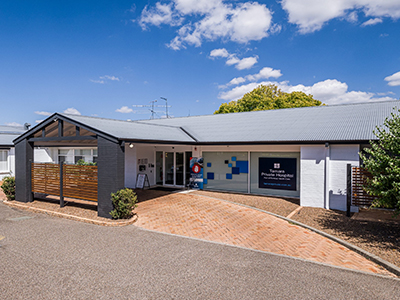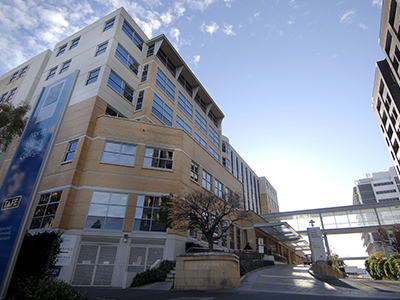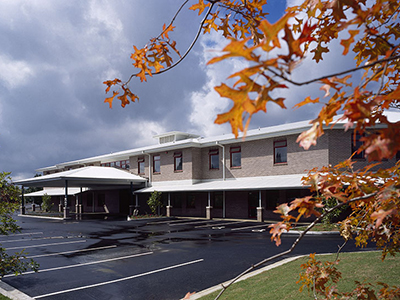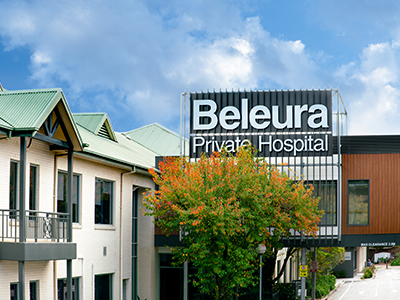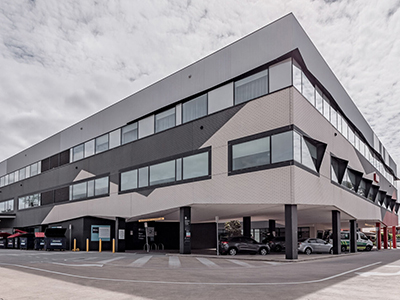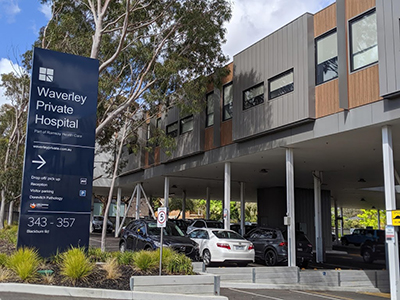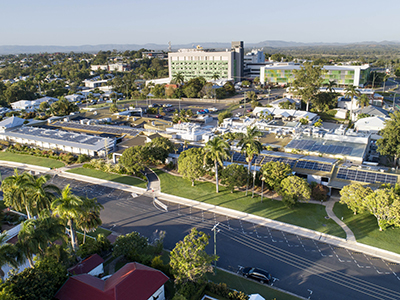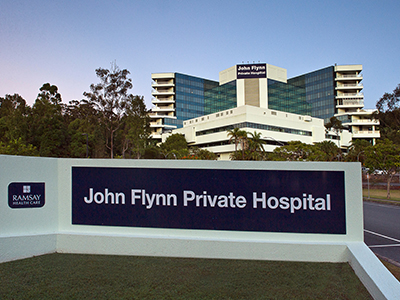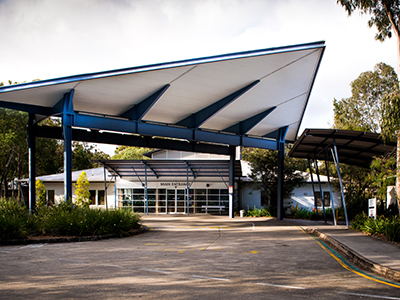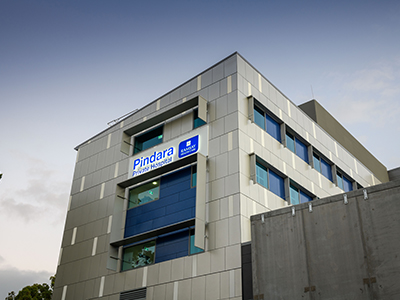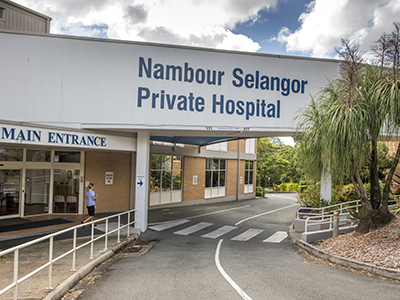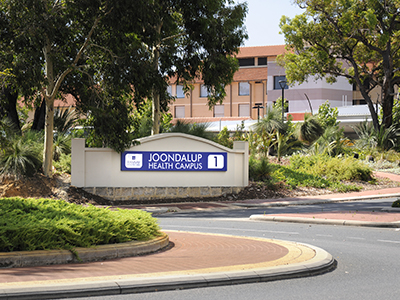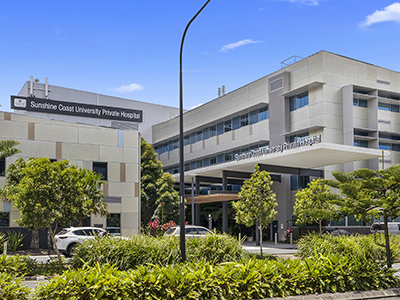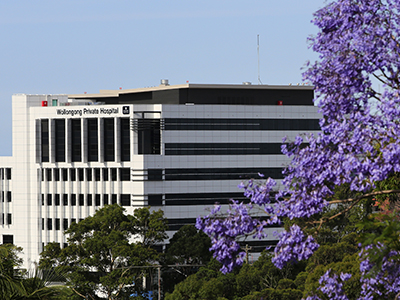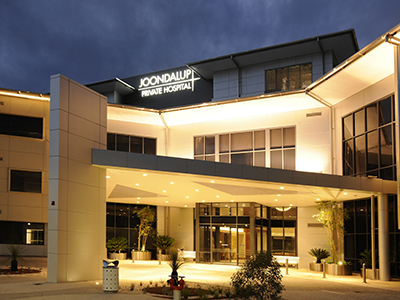Renal medicine
Renal medicine (also called nephrology) focuses on the care, diagnosis and management of kidney conditions.
Specialists in renal medicine, called nephrologists, provide support for many aspects of kidney health – from monitoring chronic kidney disease to managing dialysis or offering advice on kidney-related concerns.
Living with a kidney condition can affect your daily life. At Ramsay Health Care, your care team will work with you to develop a plan that fits your needs and preferences. With our holistic approach to health, you’ll have access to a wide range of services and support, all in one place.
Common conditions
A nephrologist may treat a number of different conditions. Here is a general guide to some of the most common. Click the plus sign (+) on the right side of any heading to expand and view more information.
Acute kidney injury (AKI)
When kidneys suddenly stop working as well as they should. This can happen after severe infections, trauma, or even certain medications.
Autoimmune kidney diseases
In some cases, the immune system mistakenly attacks the kidneys, causing inflammation and damage. Lupus nephritis is an example, where the immune system attacks kidney tissue.
Chronic kidney disease (CKD)
When kidneys gradually lose their ability to work properly over time. It is often associated with chronic diseases including high blood pressure and diabetes.
Diabetic kidney disease (diabetic nephropathy)
A complication of diabetes, this condition affects how well kidneys filter waste.
Electrolyte imbalances
Kidneys play a key role in keeping electrolyte levels balanced. When they aren’t working properly, individuals might experience conditions such as hyperkalemia (high potassium) or hyponatremia (low sodium) that affect kidney function.
Glomerulonephritis
A type of kidney inflammation that affects the tiny filtering units (glomeruli) in the kidneys, leading to blood and protein in the urine.
Hypertension (high blood pressure)
Related to kidney disease, it’s both a cause and a consequence of high blood pressure.
Kidney cysts
Simple kidney cysts are usually harmless and don’t cause symptoms. However, complex cysts may require monitoring or treatment if they affect kidney function or cause discomfort.
Kidney stones (nephrolithiasis)
Hard deposits of minerals and salts that form in the kidneys, often causing pain and urinary issues.
Proteinuria and haematuria
- Proteinuria: When kidneys aren’t filtering properly, too much protein can leak into the urine.
- Haematuria: Blood in the urine can be a sign of infection, kidney stones, or other kidney issues.
Polycystic kidney disease (PKD)
A genetic condition where fluid-filled cysts grow in your kidneys, affecting their function.
Dialysis services
When the kidneys aren’t working properly, dialysis can help by removing waste from the body, balancing blood chemicals and managing blood pressure. There are two main types of dialysis. The most suitable option depends on your health needs and lifestyle. Click the plus sign (+) next to either heading for more information.
Ramsay Newsroom
Stay up-to-date with hospital news, developments, research highlights and innovation.
